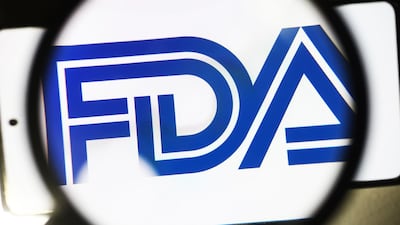Capsule endoscopy is one of the fastest growing segments in the multibillion dollar gastrointestinal (GI) endoscopy market. Capsule endoscopy is a procedure in which patients swallow a tiny wireless camera that takes video images of the gastrointestinal tract as it passively travels through the digestive system. This pill-like video camera wirelessly transmits digital images of the digestive tract to a patient-worn receiver where the images are recorded and later downloaded for physician viewing. This revolutionary technology hit the US market in 2001 when market leader and capsule endoscopy pioneer, Given Imaging Ltd., first received US Food and Drug Administration (FDA) approval for its PillCam Platform for small bowel indications. Since then, the market has grown substantially, driven by increasing acceptance of capsule endoscopy, new indications for the technology, expanded reimbursement, and growth outside the US.
Although to date capsule endoscopy has been a relatively small part of the overall market for GI endoscopy products, and physicians have mostly used the devices to diagnose disorders of...
Read the full article – start your free trial today!
Join thousands of industry professionals who rely on Medtech Insight for daily insights
- Start your 7-day free trial
- Explore trusted news, analysis, and insights
- Access comprehensive global coverage
- Enjoy instant access – no credit card required
Already a subscriber?






